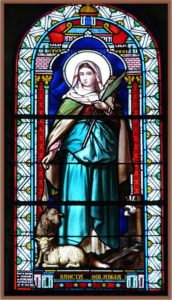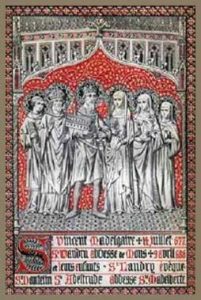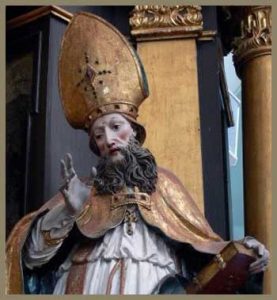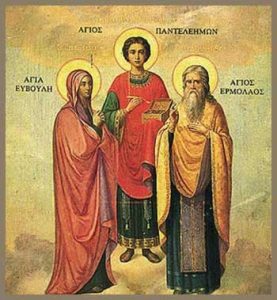akathist, prayer liturgical
AKOLOUTHIA TO BLESS A MILL
Priest: Blessed is our God, always, now and ever and unto the ages of ages.
Reader: Amen.
Priest: Glory to Thee, our God, glory to Thee.
Heavenly King, O Paraclete, the Spirit of truth, who art everywhere
present and fillest all things, the treasury of good things and bestower of life,
come and tabernacle in us and cleanse us from every stain and save,
O Good One, our souls.
Reader (trisagion prayers):
Holy God (3x)…
Glory…both now …
All-holy Trinity …
Lord have mercy (3x) …
…




